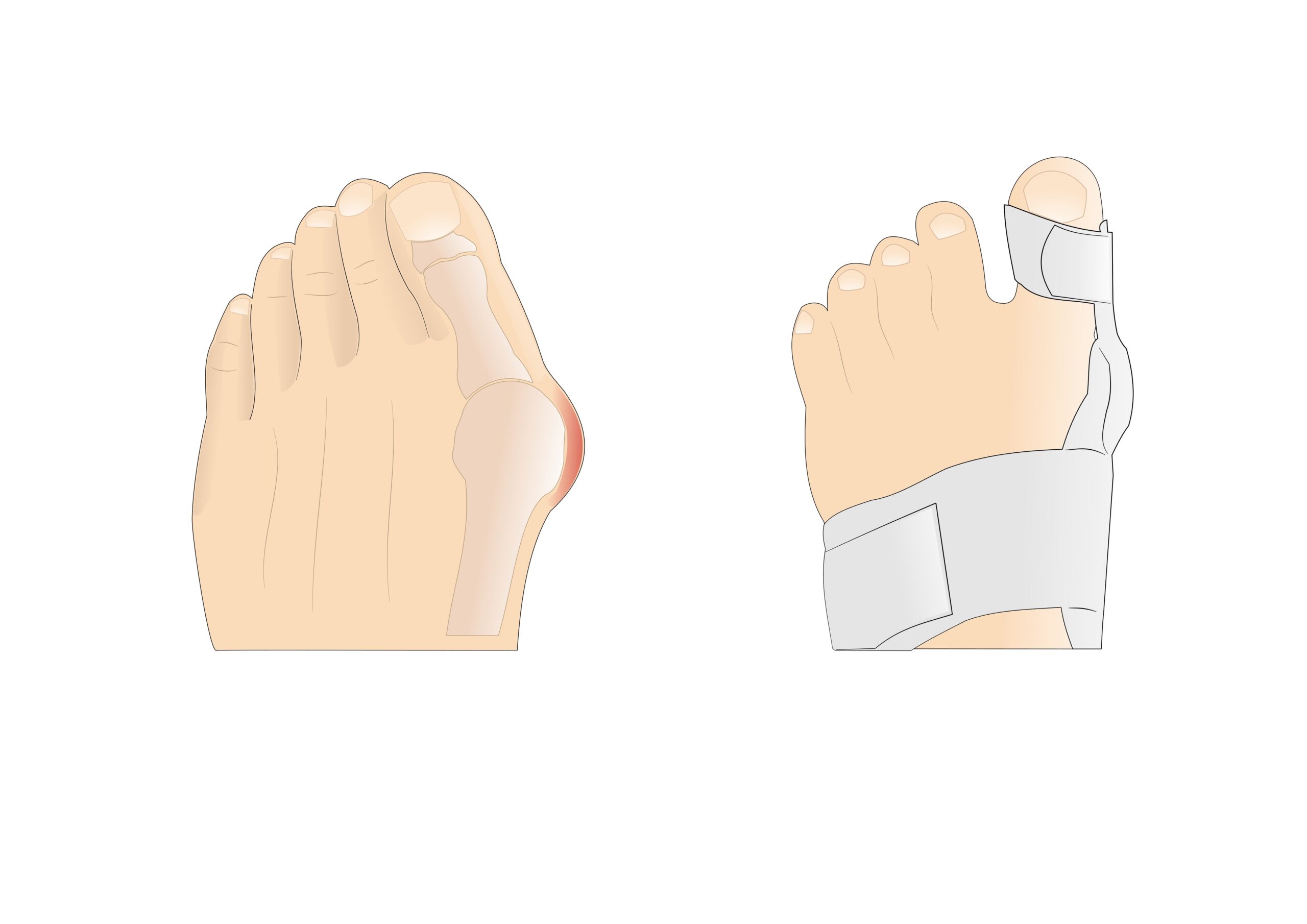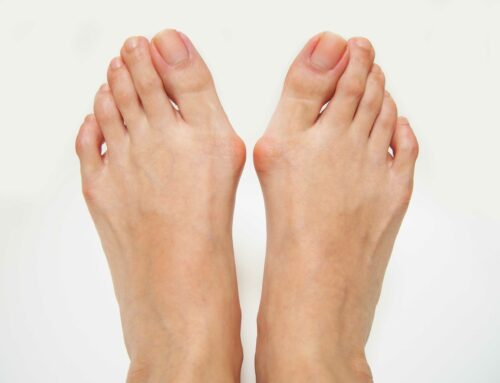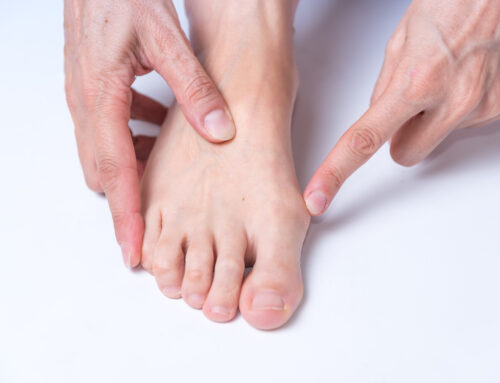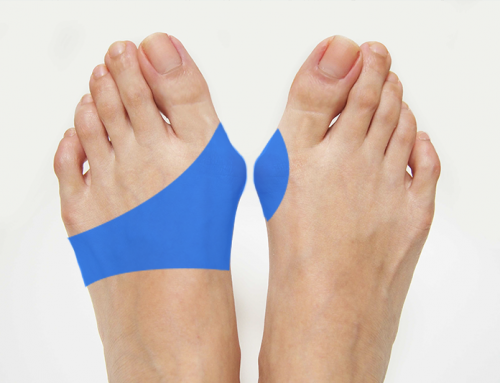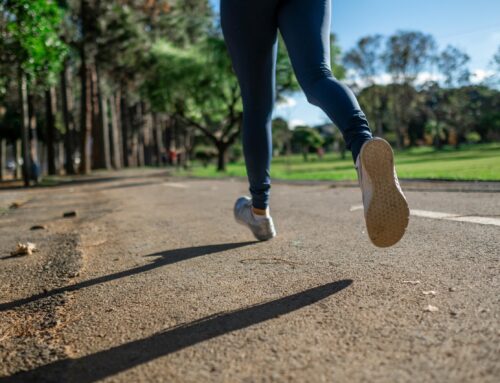A bunion is a bony bump that forms at the base of the big toe. Unlike bone spurs, which usually develop as the body seeks to repair missing or degenerated cartilage following trauma and/or the development of arthritis, bunions arise when the bones of the foot and surrounding soft tissue get pushed out of place. Common causes of bunions include ill-fitting shoes, genetics, and certain joint conditions like rheumatoid arthritis. They can be incredibly painful, especially if one has been developing for a long period of time and has severely deformed the joint, but bunions can be treated. If you have a bunion and have been considering bunion protectors or other remedies, here’s what you need to know:
What is a Bunion Protector?
A bunion protector is any product that works to keep your toes in position and your big toe from rubbing against your footwear and second toe. Typical types of bunion protectors include bunion pads, cushions, guards, and sleeves; toe spacers and separators; braces and splits. These are all products that can be worn around the bunion or your toes to help minimize friction and pressure. You can buy all types of bunion protectors over the counter, making them one of the first types of treatments bunion sufferers try when dealing with a bunion and its associated pain.
Will a Bunion Protector Really Work?
When worn appropriately (usually no more than eight hours a day), bunion protectors can “protect” you from worsening bunion formation since they eliminate the pressure that causes inflammation and, thus, precipitates the development and growth of bunions over time.
Unfortunately, however, bunion protectors can’t reverse the damage that has already occurred. In this way, a bunion protector might work to remedy occasional bunion pain, but if you have severe and/or constant pain from a bunion that is especially large, you will likely need surgery.
The Bunion Cure Advantage
Bunion protectors help reduce the amount of friction and pressure caused by footwear and/or help keep the bones of the foot in proper alignment. They can slow down the damage that causes bunions to form and get bigger, but they can’t diminish an existing bunion’s size or shape. To actually treat a bunion, you need professional help. Our team at The Bunion Cure uses minimally-invasive surgery to treat bunions. We surgically remove bunions so that the source of your pain — not just your symptoms — is gone. To learn more about bunion surgery, including details of a typical recovery as well as its cost, please contact us today for bunion removal in Aurora, CO and surrounding areas. You might also like to read some of our patient reviews here.
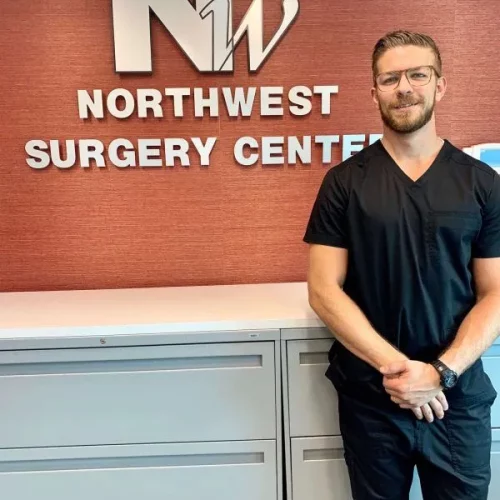
Reviewed By Dr. Sullivan
Dr. Jordan Sullivan, DPM, is a board-certified podiatrist at Northwest Surgery Center specializing in minimally invasive foot and ankle procedures. He’s passionate about helping patients get back on their feet faster with less downtime.
Learn more about Dr. Sullivan here.
